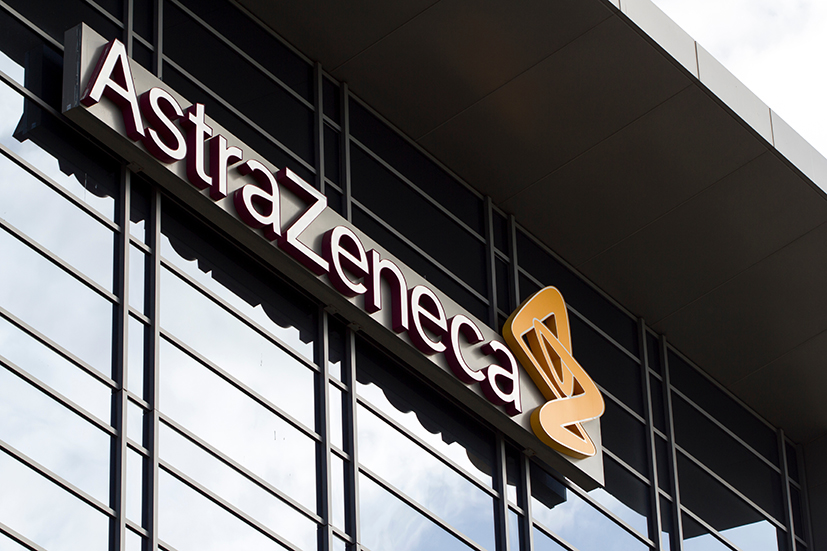AstraZeneca’s Imfinzi (durvalumab) has been approved in the US for the treatment of adult patients with limited-stage small cell lung cancer (LS-SCLC) whose disease has not progressed following concurrent platinum-based chemotherapy and radiation therapy.
The approval was granted by the Food and Drug Administration (FDA) after securing Priority Review and Breakthrough Therapy Designation. It was based on results from the ADRIATIC Phase III trial which were presented during the Plenary Session of the 2024 American Society of Clinical Oncology (ASCO) Annual Meeting and subsequently published in the New England Journal of Medicine.
SCLC is a highly aggressive form of lung cancer. LS-SCLC typically recurs and progresses rapidly, despite initial response to standard-of-care chemotherapy and radiotherapy. The prognosis for LS-SCLC is particularly poor, as only 15-30% of patients will be alive five years after diagnosis.
Suresh Senan, PhD, Professor of Clinical Experimental Radiotherapy at the Amsterdam University Medical Centers, The Netherlands, and international coordinating investigator in the trial, said: “Durvalumab is the first and only systemic treatment following curative-intent, platinum-based chemoradiotherapy to show improved survival for patients with this aggressive form of lung cancer. This finding represents the first advance for this disease in four decades. The ADRIATIC trial showed 57 percent of patients were still alive at three years after being treated with durvalumab, which underscores the practice-changing potential of this medicine in this setting.”
Dave Fredrickson, Executive Vice President, Oncology Business Unit, AstraZeneca, said: “This approval for Imfinzi marks a breakthrough for patients with limited-stage small cell lung cancer, allowing them to receive immunotherapy for the first time. The ADRIATIC trial showed an improvement in median overall survival of 22.5 months, setting a new benchmark. Imfinzi is now the only immunotherapy approved for both limited- and extensive-stage small cell lung cancer, underscoring our commitment to improving survival rates.”
Dusty Donaldson, Founder and Executive Director of LiveLung, said: “This new treatment option is a game changer for patients with limited-stage small cell lung cancer, a disease known for its high rate of recurrence. Historically, more often than not, clinical trials to identify new treatment options for this type of cancer have failed to show benefit. We are therefore so excited that many more people will now have the opportunity to access this immunotherapy treatment that holds the potential to significantly improve outcomes.”
In the trial, Imfinzi reduced the risk of death by 27% versus placebo (based on an overall survival [OS] hazard ratio [HR] of 0.73; 95% confidence interval [CI] 0.57-0.93; p=0.0104). Estimated median OS was 55.9 months for Imfinzi versus 33.4 months for placebo. An estimated 57% of patients treated with Imfinzi were alive at three years compared to 48% for placebo.
Imfinzi also reduced the risk of disease progression or death by 24% (based on a progression-free survival [PFS] HR of 0.76; 95% CI 0.61-0.95; p=0.0161) versus placebo. Median PFS was 16.6 months for Imfinzi versus 9.2 months for placebo. An estimated 46% of patients treated with Imfinzi had not experienced disease progression at two years compared to 34% for placebo.
Imfinzi is also approved in Switzerland in this setting based on the ADRIATIC results. Regulatory applications are currently under review in the EU, Japan and several other countries in this indication.


